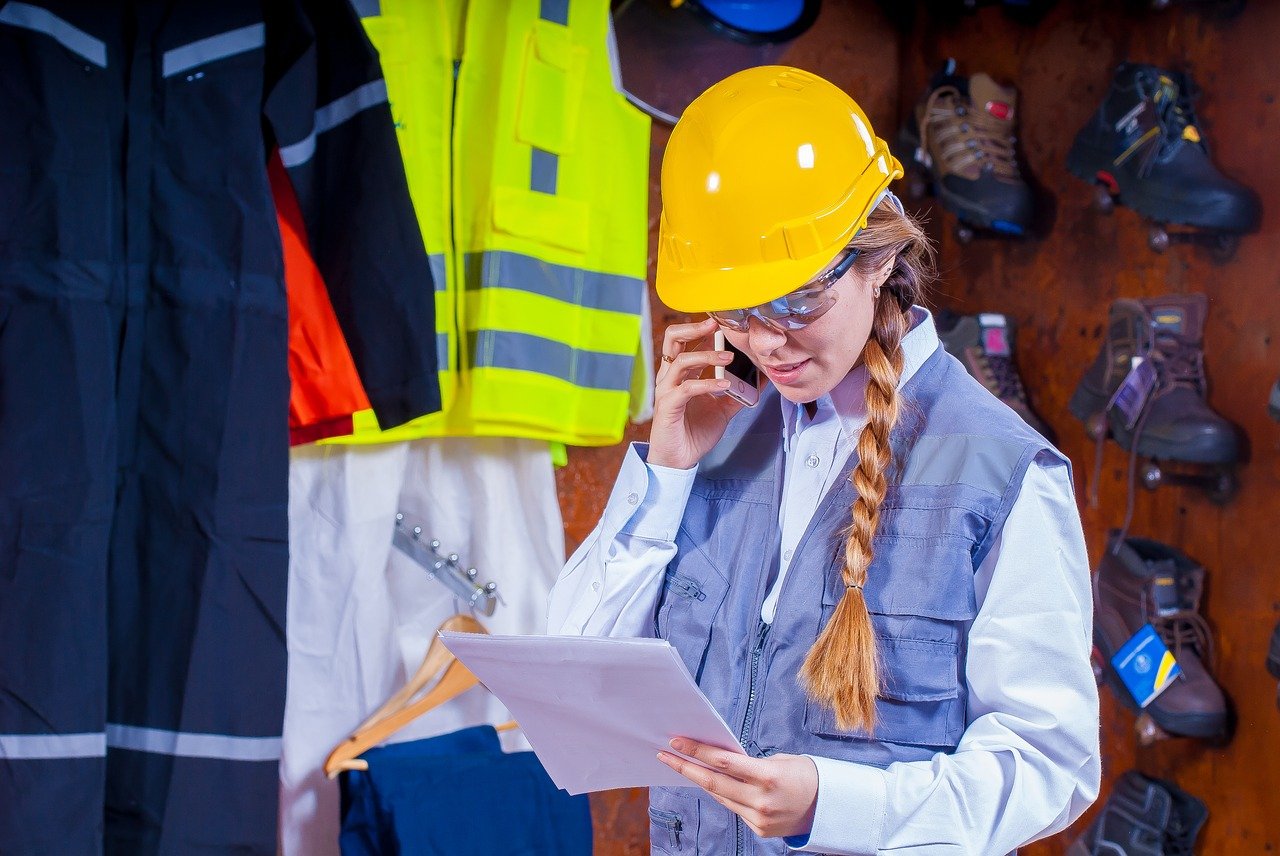
Logistics is one of the fastest growing industries. What is the reason for this? Find out what changes have occurred in this industry and what they were caused by.
Logistics has experienced a very dynamic development over the last 15 years. In this case we can even talk about a revolution. Today we will take a closer look at this issue.
Currently we distinguish 4 models of cooperation with a logistics operator:
Warehousing of goods in the B2C model required re-organization of work and space to adapt it to the specifics of e-commerce. The goal was to make picking, storing, and packing easier. As customer demands increased, logistics operators were forced to introduce completely new elements to their offerings. These include handling returns and complaints, repacking, labeling and foiling, and adding marketing materials. The growing role of the logistics provider and its multitasking is a fundamental difference between the B2B (Business to Business) and B2C (Business to Client) models.
Major changes in the operations of logistics operators have been brought about by the growth of the e-commerce industry. First of all, they had to adapt their warehouses to handle orders from online stores. The e-commerce industry relies heavily on small shipments sent in the B2C model. The huge volume of parcels was also a real challenge. This required completely new technologies and handling systems. Warehouse space also had to be reorganized.
Many warehouses were transformed into logistics centers adapted to handle many thousands of packages. Why are logistics operators so eager to start cooperating with online stores? It is due to the fact that e-commerce market is worth about 51 billion PLN. Every year it grows by 18%. This is one of the highest values in Europe.
New technologies play an important role in the harmonious development of logistics. Thanks to them many warehouse processes have changed in recent years. It is worth learning a little more about the specifics of these innovations.
Implementation of advanced warehouse management systems has significantly reduced the circulation of paper documents. This in a simple way translated into faster warehouse processes and elimination of human errors. An important element was also full integration of the IT systems of operators and their customers. This streamlined the flow of information and provided access to the most up-to-date data on inventory levels.
Another expression of the introduction of new technologies was the implementation of RFID systems. Radio technology allowing for quick identification of goods in the warehouse helped to optimize goods receipt, picking and inventory.
The best examples of new technologies are pick-by-voice, pick-by-light and pick-by-vision systems. Their implementation has speeded up the goods picking process and, moreover, has made it much easier for individual pickers to perform their tasks
Another innovation was the introduction of conveyor belts that carry the completed products to packaging. Another example are sorters, whose task is to sort packages to different countries or assignment to different couriers. Automation of warehouse processes has significantly accelerated the execution of daily tasks in logistics.
A very important stage in the development of logistics was the robotization of the warehouse. This process involved the implementation of advanced machines that were to replace humans in the execution of some tasks. Recent years have seen the dynamic testing of drones in tasks concerning the distribution of goods.
Logistics is changing because… there is no other way. The dynamics of development of other branches of economy forces adaptation to current trends. The will of gaining new clients forces to implement technologies that will optimize processes in logistic centers and ensure fluency of service.
(photo: pixabay.com)